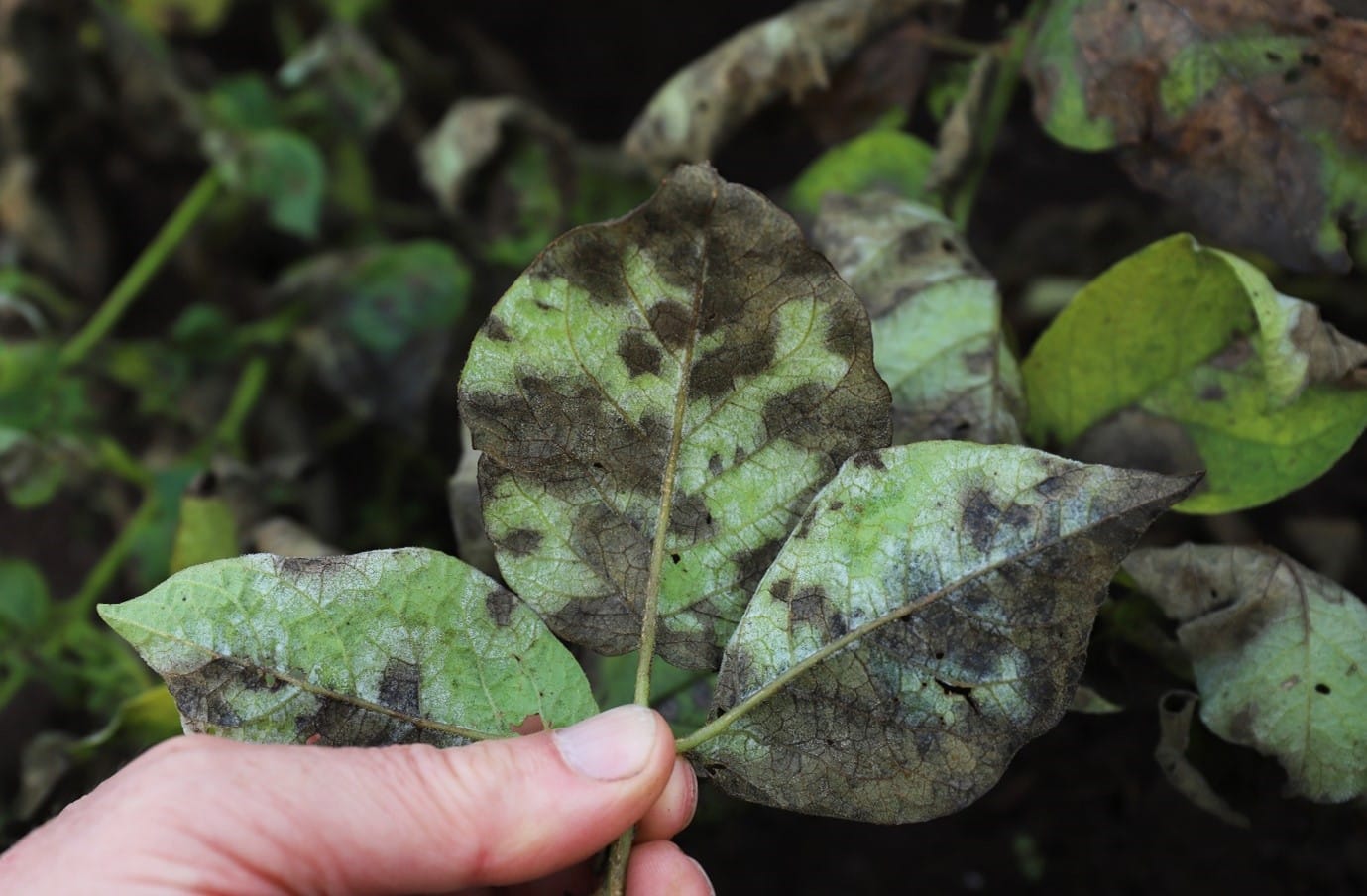The James Hutton Institute’s bioinformatics group within the Department of Information and Computational Sciences has unveiled a new version of Germinate, the Institute’s open-source, fully featured plant database infrastructure and application programming platform, on which complex data from genetic resource collections can be stored, queried and visualized using common, reusable programming components.
Germinate is currently used by a wide number of international research organisations including the Crop Trust and CIMMYT to hold experimental data for 21 different crops, allowing researchers to import, visualize, explore and share project data for plant genetic resources collections through a common interface.
Dr Paul Shaw, who leads the Germinate project, said: “Germinate offers advantages over other plant genetic resources software platforms by providing web-based tools to allow the integration of high volume genotypic, phenotypic and passport data which is important in the categorisation of plant genetic resources collections. We have developed new features for Germinate that will allow plant breeders and other scientists to explore, visualize and export data into other commonly used analysis tools from a single platform. The team has put significant resources into ensuring that the new version of Germinate is a significant improvement over its predecessor.
“While Germinate supports crops of importance to Scotland such as barley, soft fruits, cherry and potato our recent work has allowed us to deploy the platform to crops that are significant to developing countries. Using software developed here at the Institute to support our core crops and expanding and enhancing its features for use in others is fantastic for the platform and provides those crops with informatics tools and resources some don’t already have.”
Germinate has also recently received support from DivSeek International to run as a pilot hub to promote the use of the platform as a distribution mechanism for information as well as general good data handling practice for plant genetic resources data and will use a barley collection from the James Hutton Institute and the Commonwealth Potato Collection as exemplars to highlight what the system can achieve.
Sebastian Raubach, lead developer of Germinate, added: “The new version presents significant updates to the Germinate platform including asynchronous data export, semi-automated data verification and import, easier installation, additional visualizations and lots of other updates behind the scenes to improve the usability and lower the hurdle for new users while maintaining advanced features for experienced users.”
These new tools and features as well as a description of the work that the group has been undertaking with the Crop Trust can be found in their recently accepted publication “From bits to bites: advancement of the germinate platform to support genetic resources collections and pre‐breeding informatics for crop wild relatives” (https://doi.org/10.1002/csc2.20248).
The new version of Germinate can be downloaded from the platform’s dedicated website and further information about other applications developed by the ICS department can be found here.













